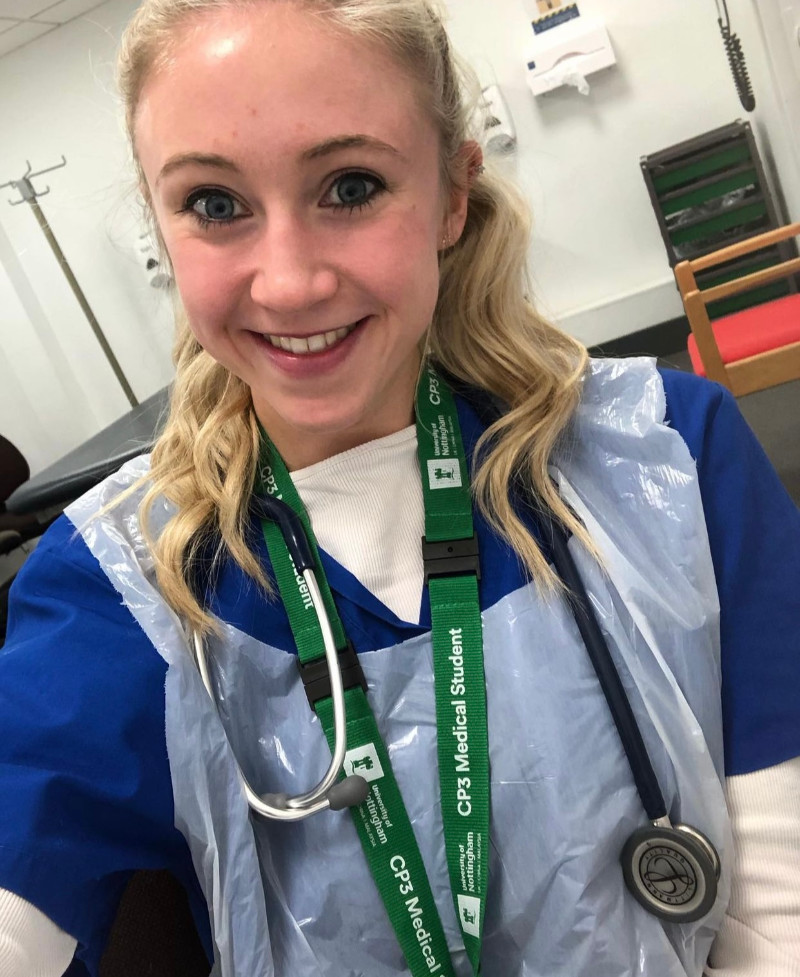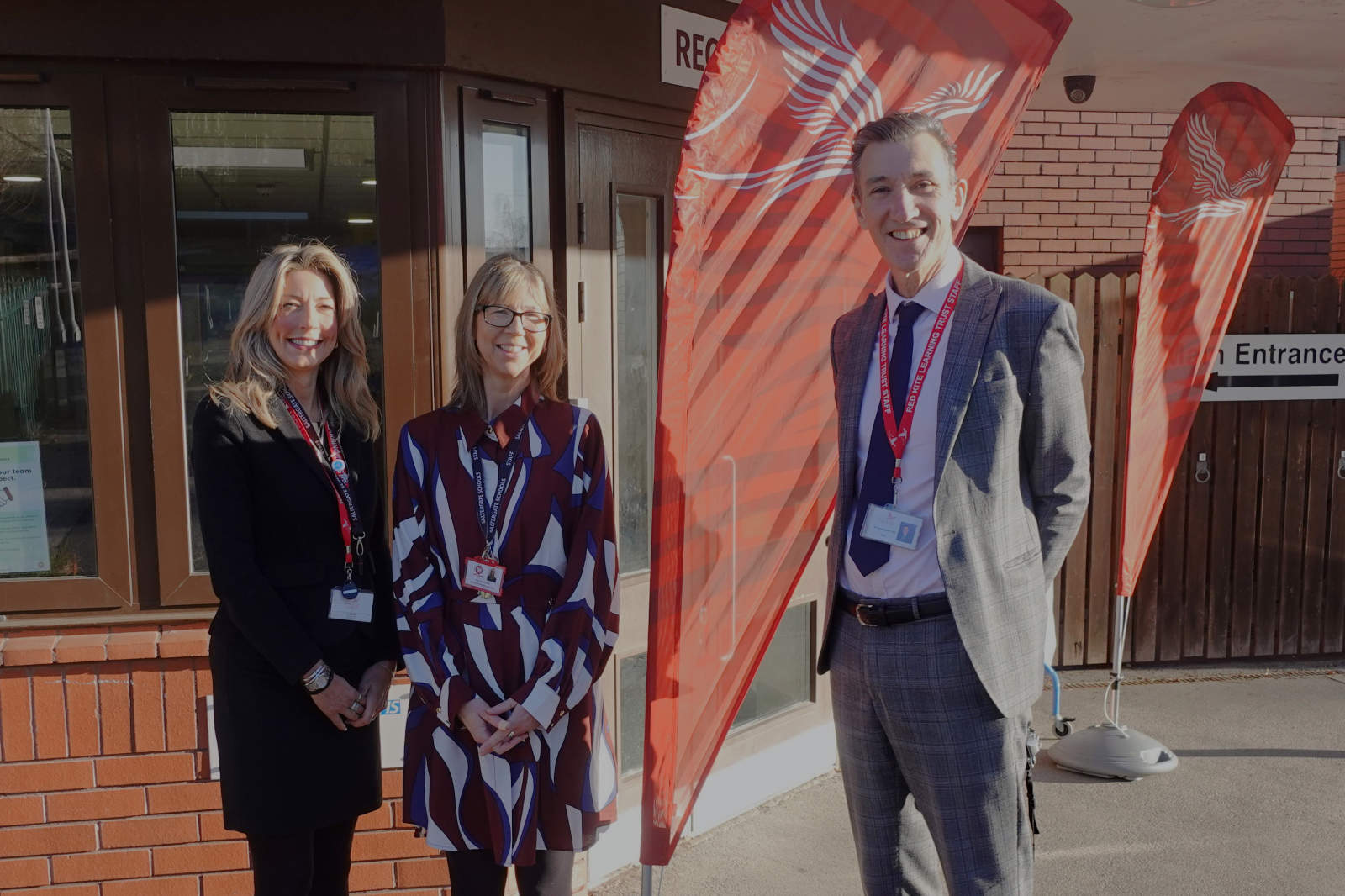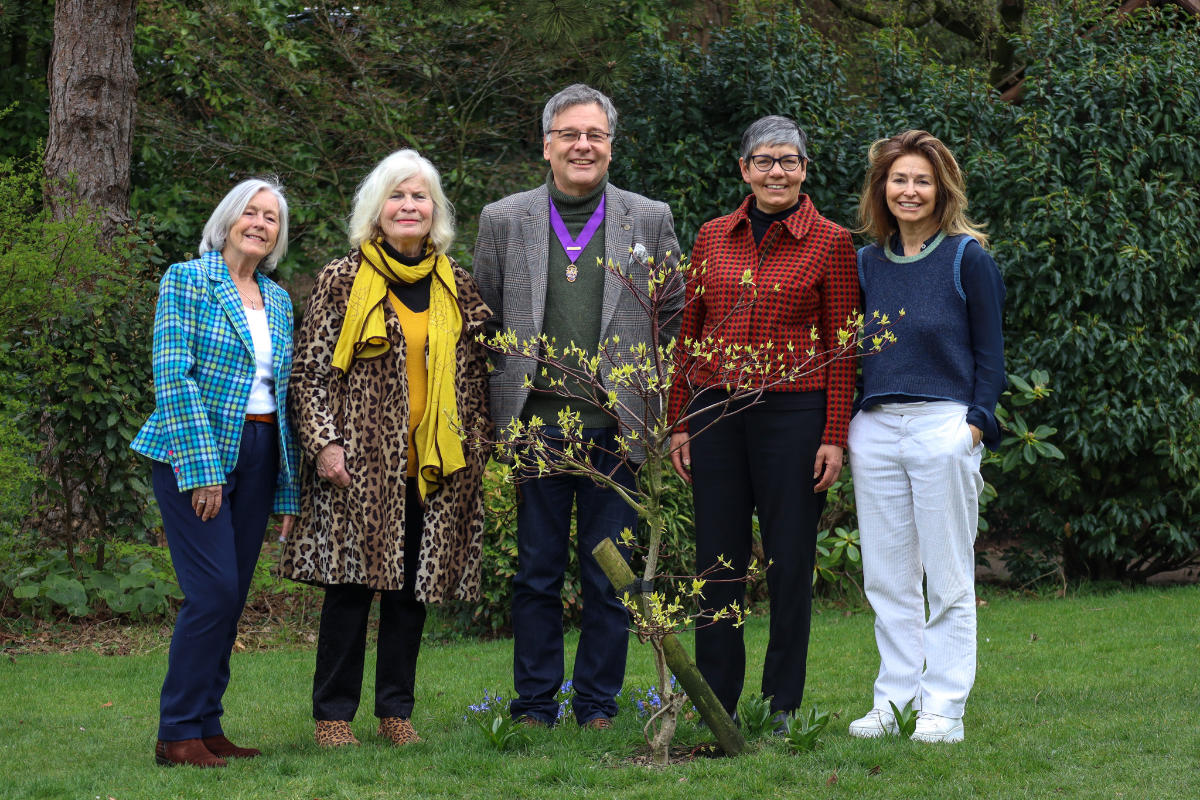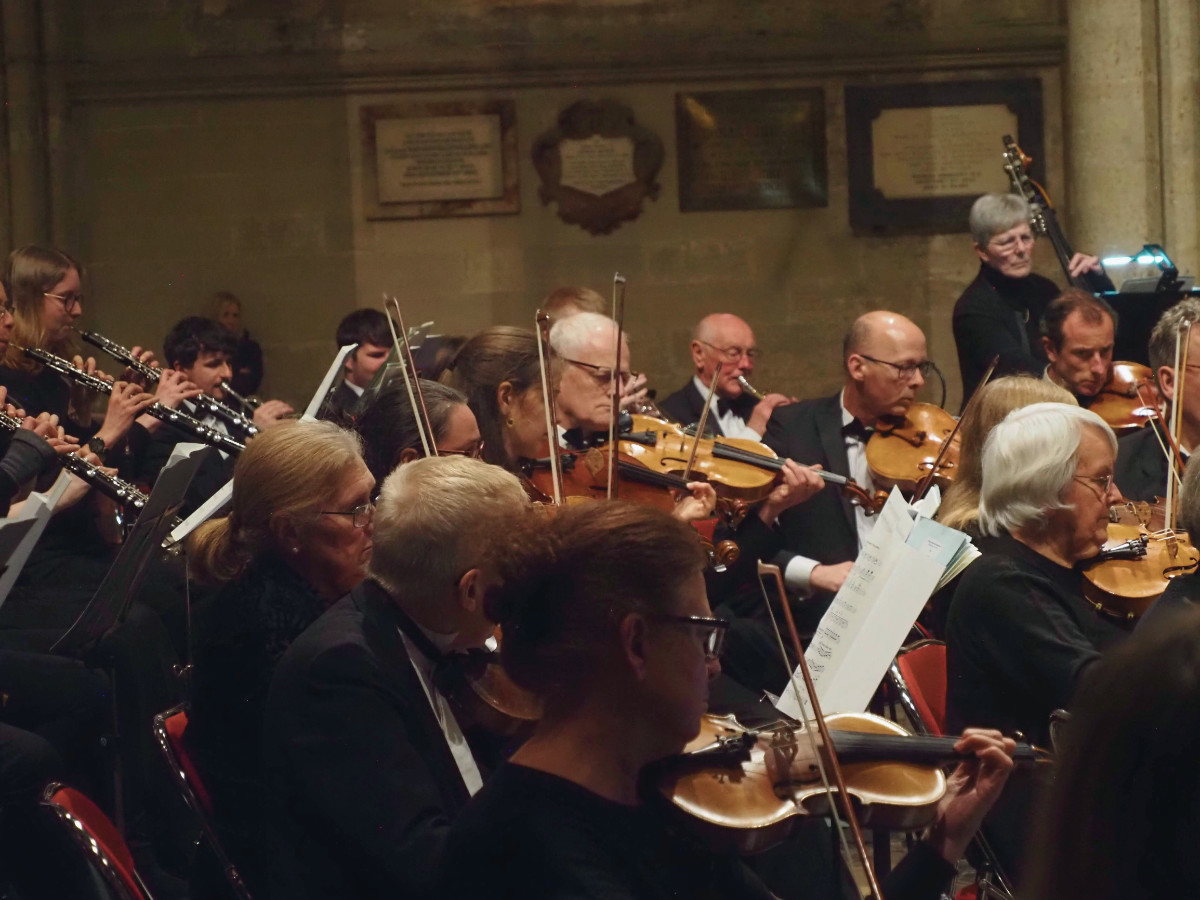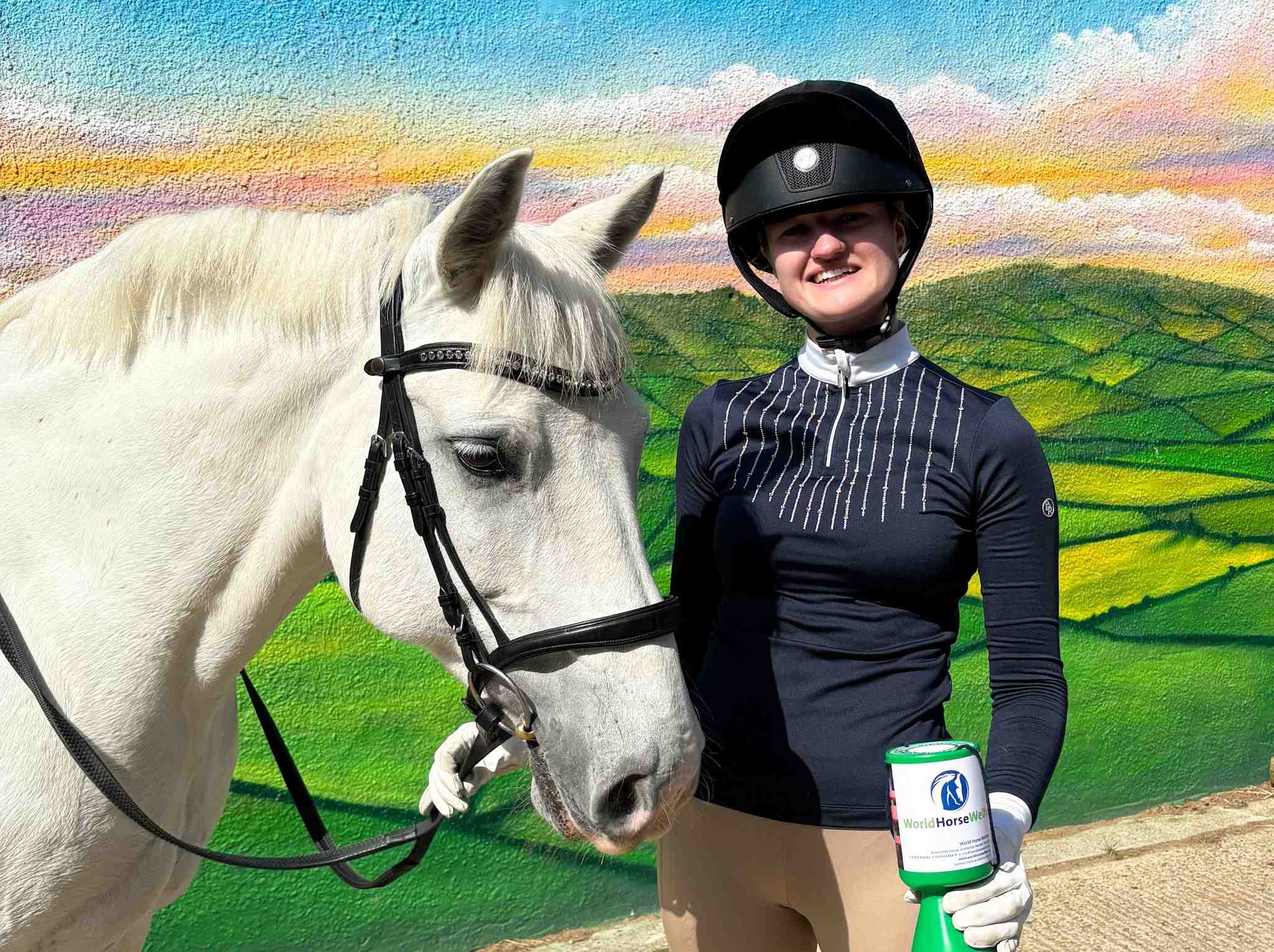Medical student Zoe Langham confesses she cried on her first 70-mile bike ride. Now she is riding for Great Britain in the UCI Cycling E-sports World Championships – two weeks before she takes her final exams to qualify as a doctor
Zoe Langham, who left RGS in 2017, has been selected to compete for Great Britain in the UCI Cycling E-sports World Championships on February 26. The 23-year-old, from Thornborough, outside Ripon, is studying medicine at the University of Nottingham, having taken history, chemistry, biology at A-level at RGS.
- E-sports is a new and exciting cycling discipline which has become increasingly popular since indoor cycle training and e-racing has become absorbed into the year-long cycling season.
Q: When did you first start cycling and what attracted you to the sport?
A: My dad took me on a 70-mile bike ride aged 14 (which I actually cried on) and I (surprisingly) never really looked back! But it took me until I joined university to start cycling regularly. At Nottingham there was a big cycling club to show me the ropes. I would really encourage any student going on to university to really give new societies a go – you honestly never know what you can find you are good at or enjoy and it really worked out for me.
Q: How do you juggle professional cycling with your studies?
A: I wouldn’t say I was professional, Strava (the exercise activity app for athletes) turned my account professional (very generous of them!) perhaps to further their recognition of e-sports performance at the highest level. Either way I’m still studying, I have my medical finals to sit in two weeks’ time, so things are quite busy!
It’s not been an easy juggle, especially with the significant strains of Covid on my NHS placement, but I’m still here! In a way the cycling has given me something else to focus on which isn’t medicine and that is vital now even more than ever.
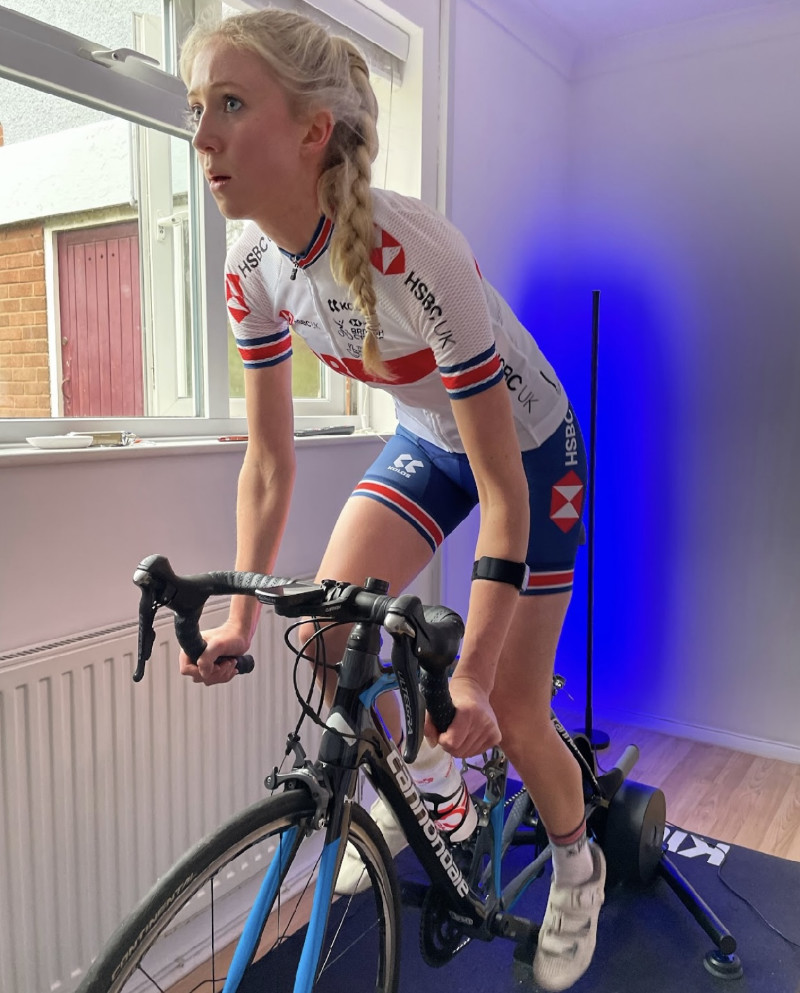
Q: Who or what has inspired you?
A: There are a lot of female cyclists who I look up to and who have paved the way for Paris Roubaix Femmes/Le Tour Femmes but the people who inspire me every day are actually my family and friends. I’m extremely fortunate to have such a supportive network around me to allow me to do what I do each day.
Q: What are your ambitions for your cycling?
A: I cycle for Wahoo Le Col and have hopes to go into a road team next year if I can cut down my foundation doctor training to less than full-time. If that’s not possible then I will have to choose between taking a few years off and just cycling or pursuing a medical career – not an easy decision to have to make.
I would definitely like to take it further and go on to race abroad if given the chance, but It would mean leaving medicine, as you have to have completed your junior doctor foundation training within a couple of years of graduating.
Q: When did you start e-cycling and why?
A: Only really the last 18 months. It was something I could be competitive in while working around my hospital placement hours. Having a turbo trainer has allowed me to get in more than hours a day on the bike despite not finishing until it’s dark outside. It’s also very inclusive, you don’t need the best bike or most expensive kit to be competitive and that’s what I love about it, especially being a student… affording an expensive bike isn’t easy!
Considering that a lot of high-profile cyclists have been hit by cars recently, it’s also come into its own as a much safer version. That said, I still love riding outside when I can!
Q: Can you explain, for those who don’t know, exactly what e-cycling is and how competitions work?
A: It is essentially just using turbo trainers that can read watts/the power you are putting through the pedals combined with your weight and height to calculate how fast you would be up certain gradients to allow you to race virtually. There can be a lot of issues with this in terms of less accurate turbo trainers and ‘weight doping’ but at the top level it’s tightly regulated. I’m only allowed to ride a specific top-spec turbo that has been sent to me for racing purposes only, I also have to provide a dual recording for every race from my pedals using a dual-sided power meter and these must match. Every time I race, I have to send in a weigh-in video and height video filmed by another person within two hours of the race start. These have lot of steps such as calibrating the scales with 10kg weights. For the World Championships I have also had to go through a lot of pre-race verification, proving I can perform certain powers both indoor and outdoor and pass my drugs test as per the UCI anti-doping regulations.
Q: How much time do you spend training for your sport and how regularly do you take part in competitions?
A: I only do about 13 hours of cycling per week now – for a cyclist that’s quite low! In the summer this will go up to around 17 hours but juggling placement and final exams has meant I have to be careful not to burn out. How much I will race depends on the season, but usually it’s weekly in season.
In physical races, I’ve done a lot of hill climbing over the past year and am due to start doing more lapped closed circuit and road races as soon as my exams are over and I have more time to race during the day.
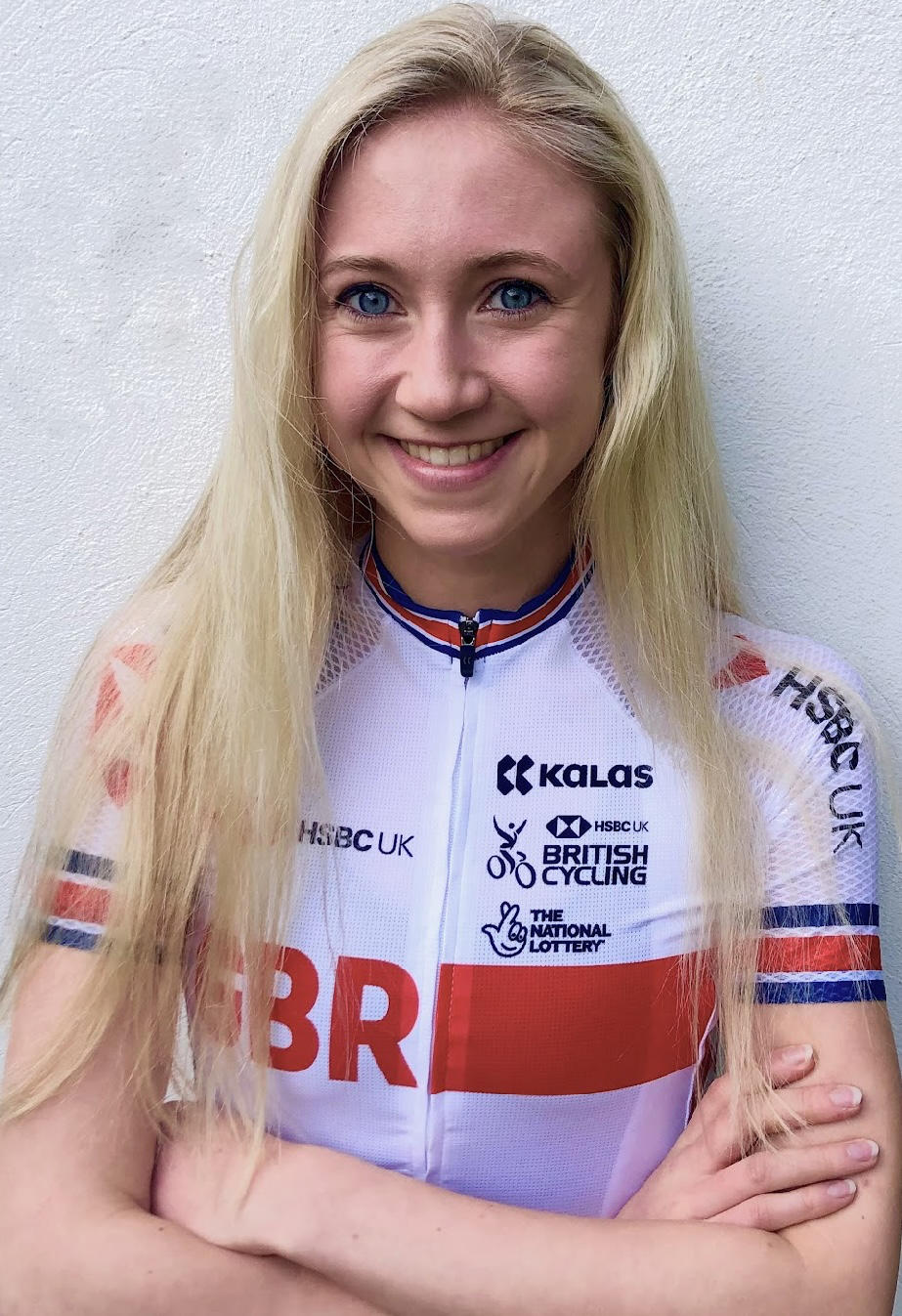
Q: What have been the biggest challenges you’ve faced?
A: Probably my lack of self-belief. Missed rotations due to multiple house covid isolations, combined with fewer teaching opportunities as the NHS has been so strained has meant it’s easy to doubt your abilities and if you are ready. The reality is that just by still being there you are good enough and you are capable, I have to remind myself daily how far I’ve come!
Can you outline a typical day?
Usually, I will be up early to commute to a hospital or GP surgery where I will be most of the day seeing patients or scrubbing up to assist in theatres. Later I will have cycle training set from High North performance, if I can get outside that’s great but if the light has gone this will be on the turbo. Usually by then it’s time for dinner and a catch up with my housemates!

